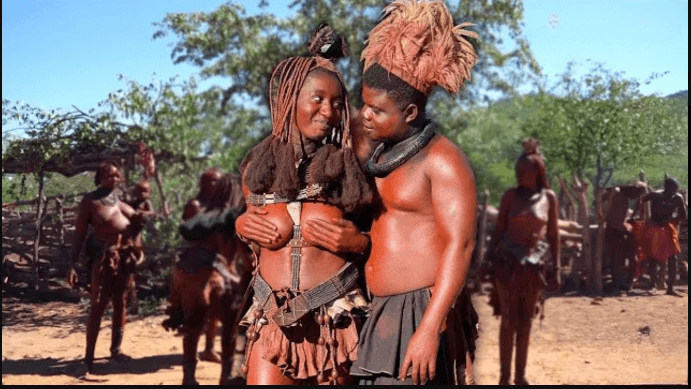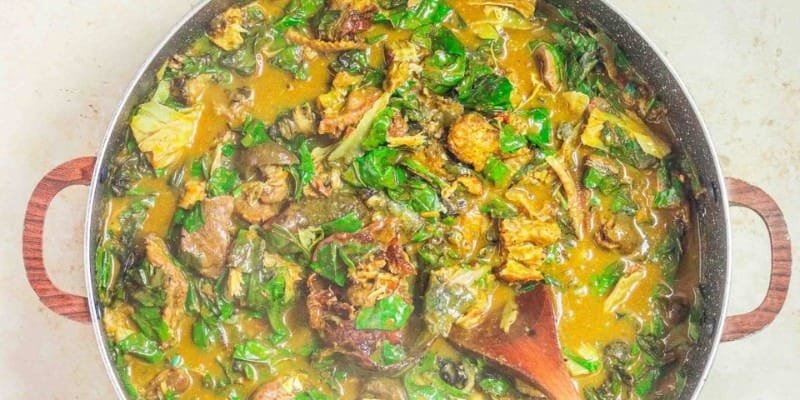The Himba Tribe, also known as the OvaHimba, is a pastoral and semi-nomadic community located in northern Namibia. Renowned for their unique customs and traditions, the Himba people have preserved their cultural heritage amidst various challenges, including epidemics, genocides, and the modernization of their country. Today, they face new obstacles linked to climate change. This article explores the fascinating customs of the Himba Tribe, including their polygamous nature, hospitality towards guests, and their resilience in the face of changing times.
Here are a few facts about the Himba tribe, the African tribe that offers wife to guests;
- Polygamous Practices and Marriage Arrangements: The Himba Tribe embraces polygamy, with an average of two wives per man. Marriage is often arranged by parents, who carefully select suitable families for their sons and daughters. This practice strengthens social bonds within the tribe and ensures the continuation of their unique way of life.
- Hospitality: Offering Wives to Guests: Hospitality holds great significance among the Himba people. As a gesture of generosity, Himba men occasionally provide visiting guests with the opportunity to experience pleasure by offering one of their wives. In these instances, the guest spends the night with the wife, while the husband respectfully stays outside. This practice showcases the Himba Tribe’s commitment to hospitality and their willingness to share resources and provide comfort to others.
- Rites of Passage and Circumcision: Both boys and girls in the Himba Tribe undergo a rite of passage before they can marry. This ceremonial transition from childhood to adulthood involves various rituals and teachings, preparing them for their future roles within the community. Additionally, both boys and girls undergo circumcision before reaching puberty, symbolizing their entry into adulthood and reinforcing cultural values.
- Resilience in the Face of Challenges: The Himba Tribe has demonstrated remarkable resilience throughout their history. Despite enduring epidemics, genocides, and other hardships, they have managed to preserve their cultural identity and way of life. However, the modernization of their country presents new challenges, as the tribe strives to strike a balance between their traditions and the influences of the modern world.
- Climate Change: A Growing Challenge: The Himba people now face additional challenges related to climate change. As semi-nomadic pastoralists, they rely heavily on their livestock and the natural environment for sustenance. Climate change-induced phenomena such as changing weather patterns, desertification, and water scarcity directly impact their traditional lifestyle, posing difficulties in maintaining their livelihoods and cultural practices.
The Himba tribe of Namibia stick to their culture of walking topless in face of modern life.
— Africa Facts Zone (@AfricaFactsZone) August 27, 2022
They stay true to their culture despite modernisation.
Himba Nurses, Doctors, Teachers university students also wear their traditional attires with red ointment. pic.twitter.com/6nz2qIC8mP
The Himba Tribe, with its distinct customs and traditions, stands as a testament to human resilience. As a polygamous community, they arrange marriages to ensure social bonds. Their hospitality shines through the practice of offering wives to guests. Rites of passage and circumcision mark their transition into adulthood. While facing the pressures of modernization, the Himba Tribe strives to preserve its cultural heritage. As climate change presents new challenges, the Himba people adapt and seek sustainable solutions to safeguard their livelihoods and preserve their identity for generations to come.














